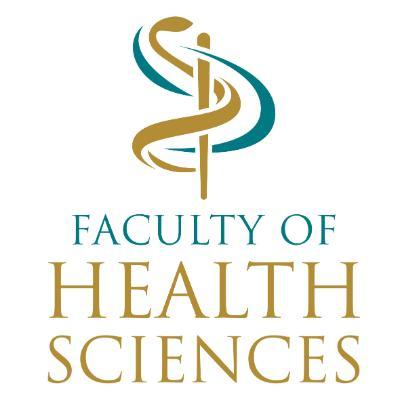Wits Hosts First Maternal Health Summit
- Salome Maswime
Maternal and perinatal mortality remains a global challenge. 800 women die every day from pregnancy and childbirth. There are up to 3 million stillbirths and 3 million neonatal deaths globally every year. The high rate of avoidable deaths is unacceptably high. Despite this, there have been great advances in the field of maternal health with groundbreaking advances internationally such as fetal surgery and drugs and interventions that have saved more lives. South Africa has been part of many trials that have advanced science in Maternal and Women's Health.
The first Maternal Health Summit 2017, organised by the Wits Department of Obstetrics and Gynaecology with the School of Clinical Medicine, was held under the theme of the Maternal Health Summit was 'celebrating advances in maternal health. The conference also addressed pertinent issues in maternal health such as obstetric litigation which is crippling both the private and public sector, respectful maternal care, inequities in maternal health, and maternal health priorities.
Held on 10 and 11 November at The Forum in Bryanston, 47 presentations from national and international experts were made The audience included Obstetricians and Gynaecologists, Public health specialists, Paediatricians, Neonatologists, an Anaesthetist, a Psychiatrist, Registrars from 7 South African Universities, and an Advocate, as well as over 200 registered delegates and 6 international speakers.
MEC Gwen Ramokgopa made her presentation on maternal health in Gauteng and Deputy Minister of Health Joe Phaahla gave a keynote address. Other senior officials from the Department of Health were also present. Keynote speakers included Prof Belfort from Baylor College Texas, Prof Salim Abdool Karrim Director of Caprisa, Prof Pattinson from the SA MRC and Prof Langhoff Roos from the University of Copenhagen.
Some of the key issues included the fact that Maternal Health remain a priority to the National and provinicial departments of health. Maternal health priorities are based on the causes of maternal death, however certain conditions like, depression which affect pregnant women probably even more than HIV, do not receive enough attention. Screening for depression, intimate partner violence and substance abuse, often result in unwanted pregnancies, but are not routinely screened for in antenatal care. Hypertension and haemorrhage are leading direct causes of maternal deaths in South Africa and the question ‘why are women dying from conditions that shouldn’t kill anyone’, could not be appropriately answered. Tuberculosis, which accounts for the highest number of maternal deaths in South Africa was described as having a possibly sub-optimal screening programme with the failure to initiate drugs to prevent TB in high risk pregnant women. The South African TB programme needs to be re-evaluated. Group B streptococcus also results in a high number of stillbirths and neonatal deaths, but is not screened for routinely.

